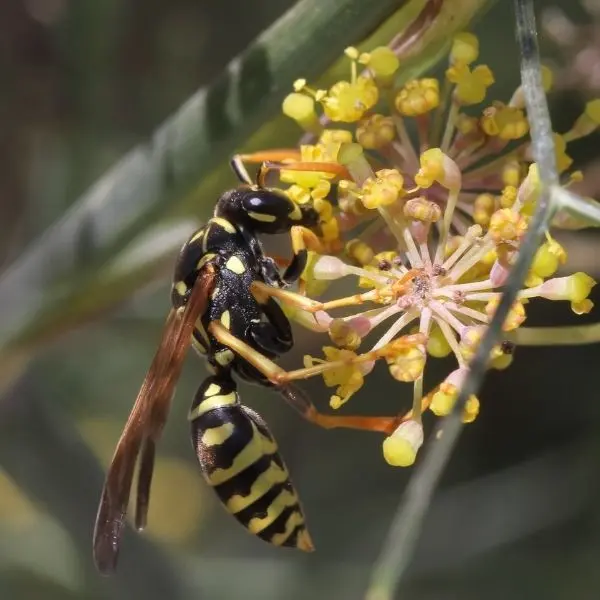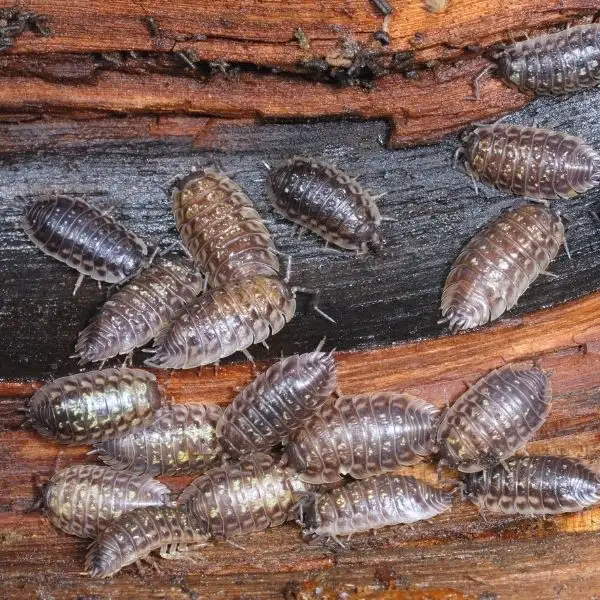Pest Library

Paper Wasps
Paper wasps are considered beneficial insects as long as they don’t make their nests near people—such as homes, garages and barns. Paper wasps keep harmful insects in check and pollinate various plants.

Spiders
There are many different spider species throughout the world, but they all have these things in common.

Crickets
Crickets live under rocks, logs and along a home’s foundation. They’re nocturnal insects and break down plant material for food that also helps renew the soil.

Rodents
Rodents pose a significant danger to people because mice will chew through electrical wiring that can cause a house fire. Mice and rats also cause overall structural damage to your home.

Pill Bugs
Pill bugs, also known as “roly-polies,” aren’t real insects. Instead, they’re crustaceans that live on land. Since their bodies don’t hold water, their bodies are more active at night than during the day.

Brown-Banded Cockroaches
Brown-banded roaches are mostly nocturnal, they can be seen during the day looking for food. They enjoy a high starch diet and prefer to eat wallpaper glue, book bindings and stamps.

Earwigs
Earwigs are small insects with reddish-brown bodies, long antennae and two pinchers at the end of their bodies. They are scary-looking but harmless.

Ants
Ants are tiny insects that enter your home or business through small cracks, windows, doors. It only takes one ant to leave a chemical trail that leads other ants into your home.

Millipedes
In the fall when it gets cooler, or after heavy rains flood their habitats, millipedes will migrate into homes. Leaves that blow into crawl spaces provide an excellent food source for millipedes too.

Silverfish
Silverfish live in dark, damp areas such as basements, attics, bathrooms, kitchens and laundry rooms. Silverfish are nocturnal insects, but quickly move when disturbed.

Booklice
Booklice aren’t actual lice, and they feed only on fungi and mold. Sometimes, people find booklice stored in food products where there was high humidity encouraging mold growth.

German Cockroaches
German cockroaches are insects that enter your home or building through cardboard boxes, bags and in some cases, used appliances.
